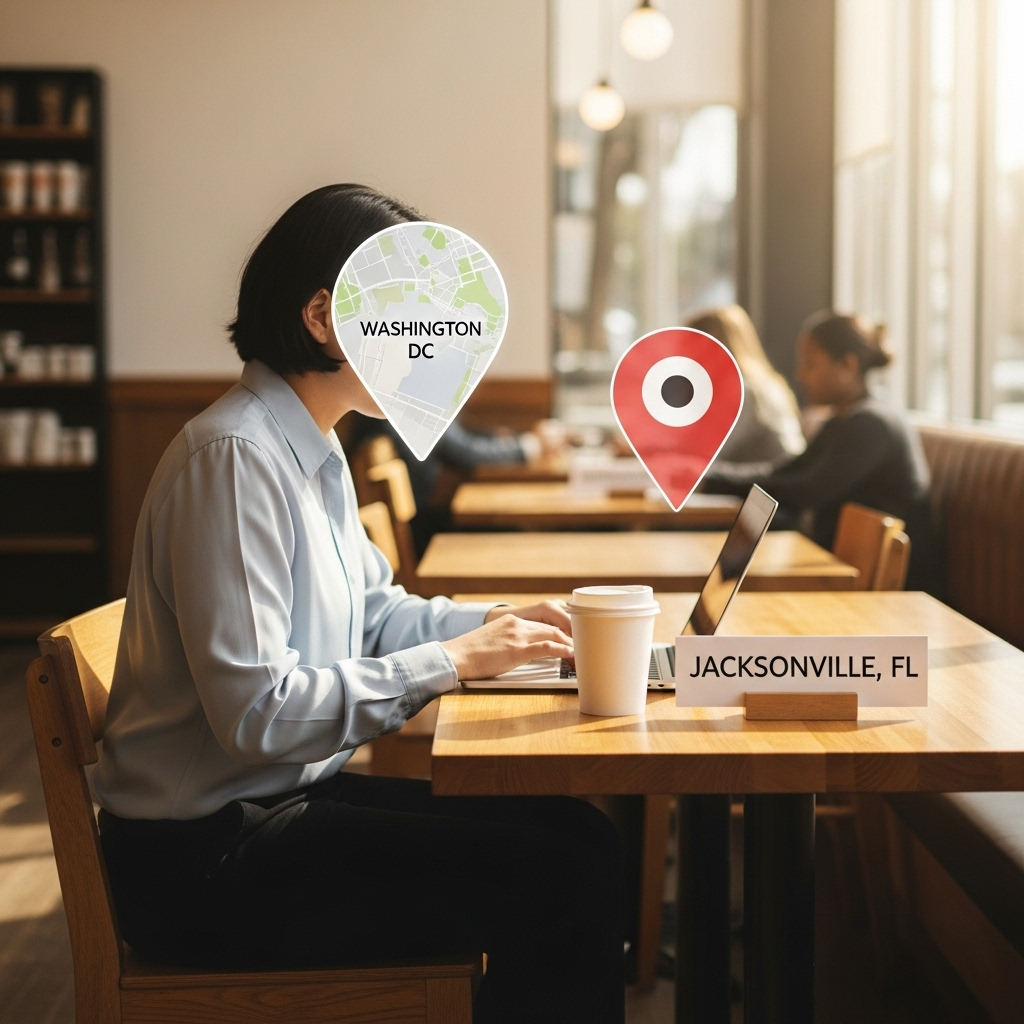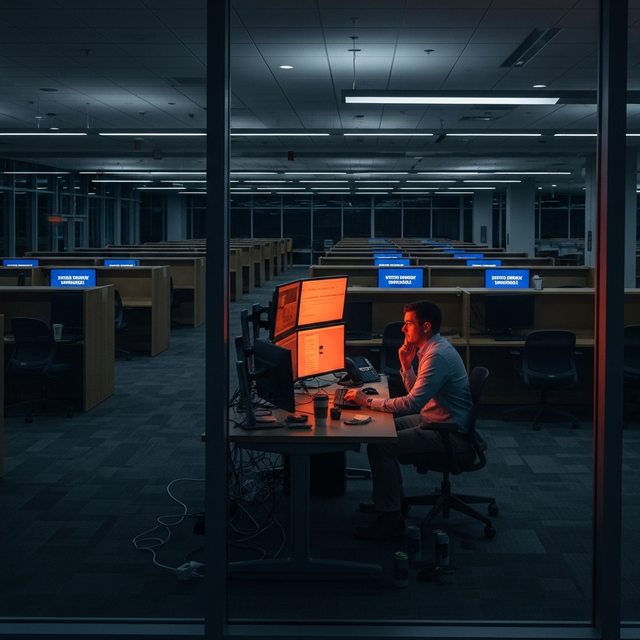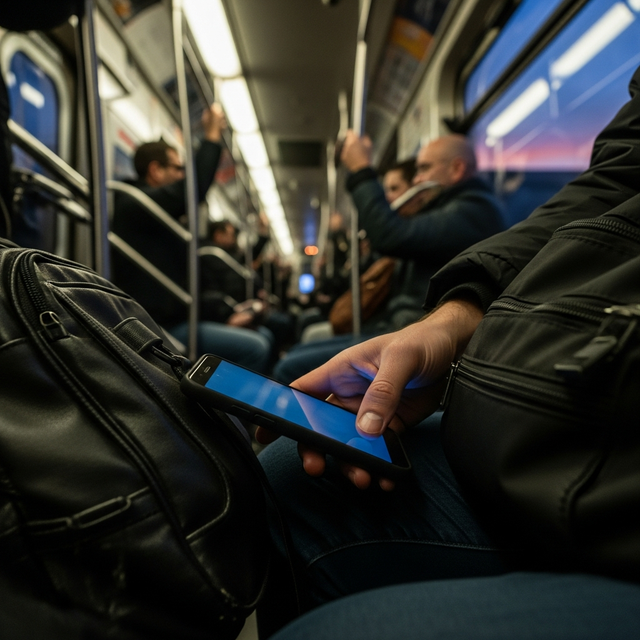Why Your IP Address Location is Wrong (And Why That's Actually Normal)

Why Your IP Address Location is Wrong (And Why That's Actually Normal)
So here's a fun one - last week, a colleague in Jacksonville was freaking out because every IP lookup tool showed him in Washington DC. He thought his network was hacked or his computer was compromised. Spoiler alert: everything was totally fine. This happens way more often than you'd think, and I'm going to explain why.
The Quick Reality Check on IP Geolocation
First, let me share some numbers that might surprise you. IP geolocation accuracy looks something like this:
Getting the country right: 95-99% accurate
Getting the state right: Only about 55-80% accurate
Getting the city right: A sad 25-50% accurate
Getting the exact street location: Basically useless
You can check your own IP location at our free tool: What's My IP Address Tool . Don't be shocked if it shows you somewhere completely different from where you actually are.
Why Corporate Internet Connections Are Usually "Wrong"
Remember my colleague in Jacksonville showing up in DC? That's actually perfectly normal for corporate connections. Here's why:
Big companies usually route all their internet traffic through central hubs. So if you work for a company with offices across the country, your internet connection might look like it's coming from:
Their headquarters location
Their main data center
Their regional network hub
This is actually good for security - it means all company traffic goes through their central security systems and monitoring tools.
The Four Main Reasons Your Location Looks Wrong
1. Corporate VPNs and Network Routing
When you're on your company's network (either in the office or remote), everything usually routes through their main network first. And yes, this is intentional. If you want to check what the world sees as your location - or appear somewhere else entirely - a personal VPN can help.
I personally use NordVPN when I need to verify how my connection appears from different locations. It's also great for when you're traveling and want to access services from your home country.
2. ISP Infrastructure
Internet Service Providers often register big blocks of IP addresses to their main offices, not where the actual users are. So your AT&T connection in Miami might show up as being in Atlanta because that's where they manage that IP block from.
3. Content Delivery Networks (CDNs)
If you're accessing a website through a CDN (which is most major websites these days), your location might reflect the CDN's nearest server rather than your actual location.
4. Mobile Networks
On your phone? Mobile carriers often route traffic through regional centers. Your phone could be in Seattle, but your IP might show up in San Francisco or Los Angeles.
When Location Accuracy Actually Matters
Here's the thing - for most everyday browsing, this location "inaccuracy" doesn't matter at all. In fact, it can be better for your privacy. But there are times when it does matter:
Accessing region-restricted content
Online banking security checks
Some e-commerce checkout systems
For these situations, having control over how your location appears can be crucial. That's another reason I recommend Surfshark or NordVPN - they let you choose exactly where you want to appear from.
The Privacy Upside of Inaccurate Locations
Here's something most people don't realize: these location "inaccuracies" can actually help protect your privacy. If websites can't pinpoint your exact location, that's one less piece of precise data they have about you.
What You Actually Need to Know
Don't panic if your IP location looks wrong - it's probably working exactly as designed
For serious privacy, use proper tools (like VPNs) rather than relying on IP "inaccuracy"
Check your actual IP location using our tool
If you need to appear in a specific location (like for banking or streaming), that's when you want a reliable VPN service
Quick heads up:Some links in this article are affiliate links. If you buy something through them, we might earn a small commission (doesn't cost you extra). We only recommend stuff we'd actually use ourselves or set up for our own families. No BS recommendations here.


